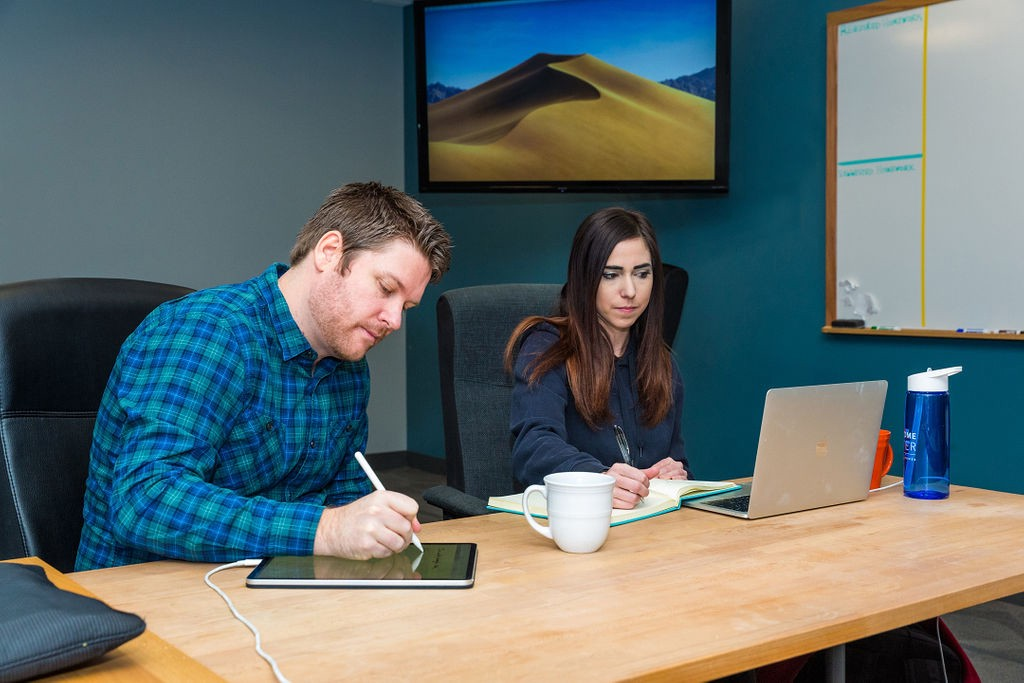Achieving a 90% Graduation Rate
When students don't graduate, they're likely worse off than if they never attended. What level of collateral damage are we .willing to accept?

Back in 2011 my friend Chad Fowler and I were on the phone when he asked:
CF: If you had really smart people who don’t know anything about programming, how long would it take to get them to be job-ready software developers?
Me: I think 6 months.
CF: I have budget for 5 months.
Me: 5 months it is!
And like that, Hungry Academy was born — my first accelerated software developer training program.

A few months later we graduated a great group of 24 developers who were all hired at LivingSocial. I moved out to Denver to help start the educational program at Galvanize. Hungry Academy had worked with just five months, but for Galvanize we were able to grow to the full six months.
The Case for Modules
A year later it was time to leave Galvanize and start Turing. I’d learned three hard lessons from the early programs:
- Late in the program, our students were emotionally exhausted. We needed to find a way to insert some opportunity for recuperation.
- Some students were slow to start, worked super hard, but could never close the gap to the students who were succeeding from the beginning.
- Students needed more clear go/no-go checkpoints along the way. Specifically, it was unfair to everyone late in the program if there was a significant gap between the top-performing and most-struggling students.
I designed Turing’s program in four six-week “modules.” At the end of each module:
- We’d have a one-week intermission where students could catch their breath and prepare for the next module.
- Students who were struggling would fail a module, then have the chance to repeat it.
- Student performance would continue to have variation, of course, but the success band would be tighter as the program progressed.
That plan has worked really well since 2014. We’re proud of every person who graduates from Turing. The speed at which they get hired and the success they have in those jobs show that our certificate means you’re career-ready.

Graduation & Collateral Damage
Historically our graduation rate has been 82–85%. But over the last year we’ve seen it dip to about 73%. That’s not good enough.
Any good teacher knows that when a significant chunk of your students exhibit the same problematic behaviors, then the problem is you. I challenged our staff with the question “what level of collateral damage are we willing to accept?”
We can’t just cross our fingers and hope it gets better. We started an extensive analysis to look for trends: Why do students leave our program? Did we have warning signs along the way? Some leave because they sign a job offer before graduation. Some have uncontrollable life events derail their plans.
But about 15% of students were not set up for success on Day 1. They’re not prepared or they lack fundamental skills. They might show the right aptitudes in the interview process, but they don’t put time into the prework and are totally lost in the first week. Some struggle to manage their own schedule and deliverables. Others fail to make a reasonable plan for how to live for seven months with exceptionally long work hours and no income.

Preparing Before Day 1
We can close the graduation gap. It started with Success at Turing last spring. We invited incoming students for a two-day weekend workshop a month before they started the program. There was a bit of technical work, but the majority of the time was spent in workshops, team-building, hearing from alumni, and prepping their life for Turing.
For example, we asked the group “Do you have a personal budget for your time at Turing?” Only two of the 24 attendees said “yes”. We’ve seen that students who don’t have a good financial plan will inevitably run into financial turbulence. If they’re financially privileged, then a partner or family member can bail them out. But if they don’t have those people, they’ll be stressed about money. That stress saps their cognitive resources and they begin to fall behind in the technical work. Compound that over a couple weeks and you’ll see them drop out. The consequences are huge:
- Our mission focuses on diversity and inclusion, but we were seeing our underrepresented students drop out at a higher rate.
- Students who continue in the program experience a degree of traumaas they see their friends struggle, fail, and leave.
- The students who left were now worse off than if they’d never come. They paid some money, they lost time, they got a punch-in-the-gut, and they’re not any closer to getting a great job.
Ensuring Student Success
In August we hired Sarah Schnall into the new Student Success Coordinator role. She works to guide students through their time before Day 1. She’s taken over Success at Turing, running workshops, and doing countless 1-on-1 meetings. She’s worked to streamline processes and raise awareness for funding and support options which have led to many more students getting Medicaid coverage and some having their full tuition paid by the State of Colorado.

Since Sarah’s work began we’ve seen immediate impact. More students are deferring their enrollment to a later date — they go through the workshops, talk with Sarah, and realize “I’m not ready.” They push their enrollment back seven weeks and try again. We have better individual plans in place for students who need a little extra support. Most importantly, we’ve seen a significant decrease in dropouts during Module 1. Sarah’s efforts have focused on the personal and life prep. Can we do the same for the technical skills?
Module 0
Starting in January we’re launching “Mod 0”, a prep class for all incoming students. It’ll be our first remote course, allowing students to participate from wherever they are before they move to Denver. Two evenings a week for three weeks, incoming students will learn and work together to build foundational skills. At the end, they’ll have a final assessment measuring their readiness for Module 1.
I’m excited that long-time staff member Rachel Warbelow will be teaching the initial sessions and nailing down the curriculum. Rachel and Sarah will weave together the technical and the non-technical classes to get students ready for success. They’ll both be supported by Tim Tyrrell, a Turing alumnus. The first Mod 0 sessions will be offered this month for students starting in our March cohort. After this test-run, passing Mod 0 will be a mandatory prerequisite for all future students.
Outcomes
Graduating from Turing has always meant that you’re on the path to a successful career. With Mod 0 in place, we will drastically cut down early dropouts and ensure that a student who starts Mod 1 finishes Mod 4. The graduation rate will top 90% and lead to even better job outcomes. This is the level of success that we owe to our students.

I’m Jeff Casimir, the founder and Executive Director of the Turing School of Software & Design.

